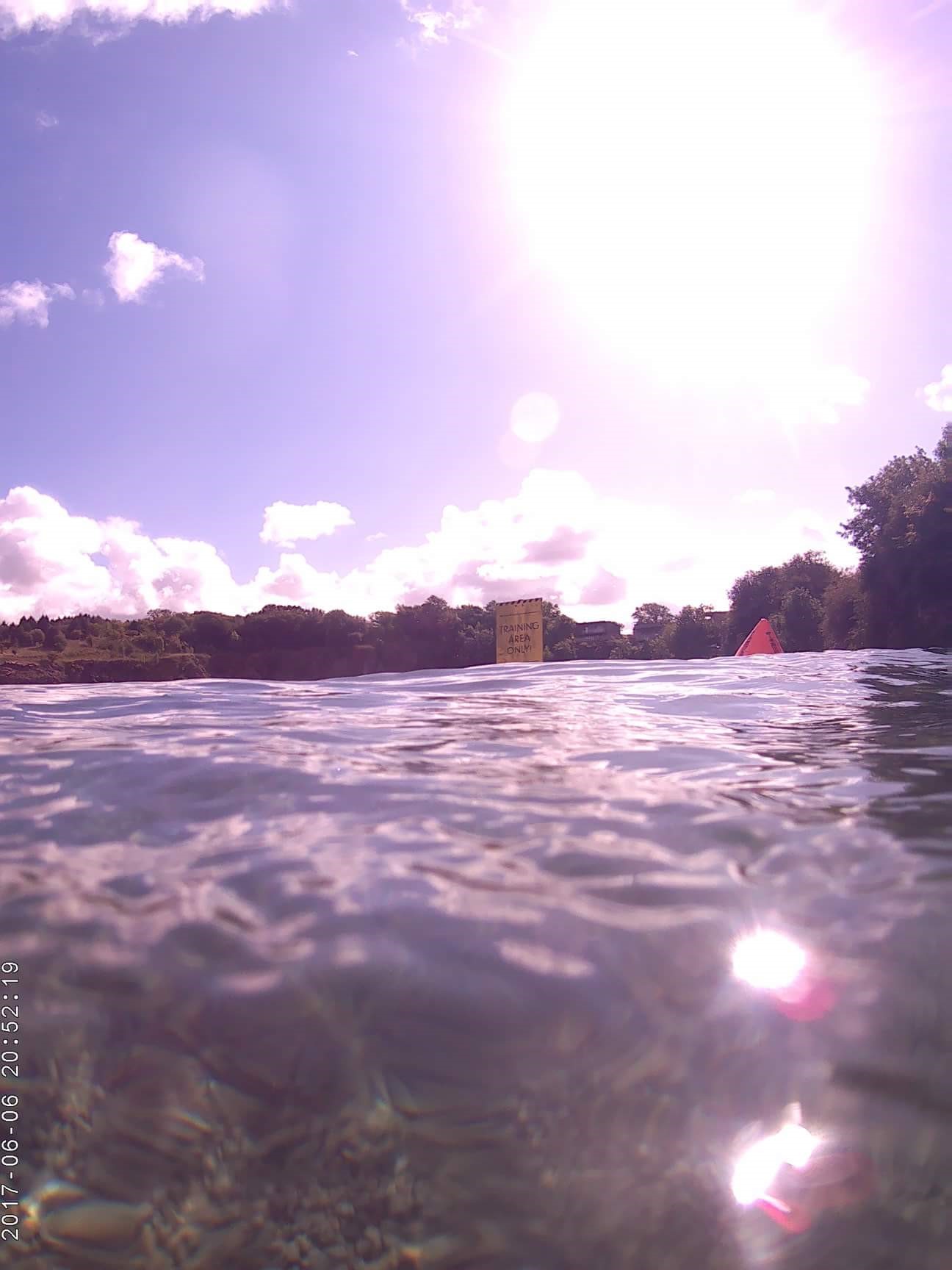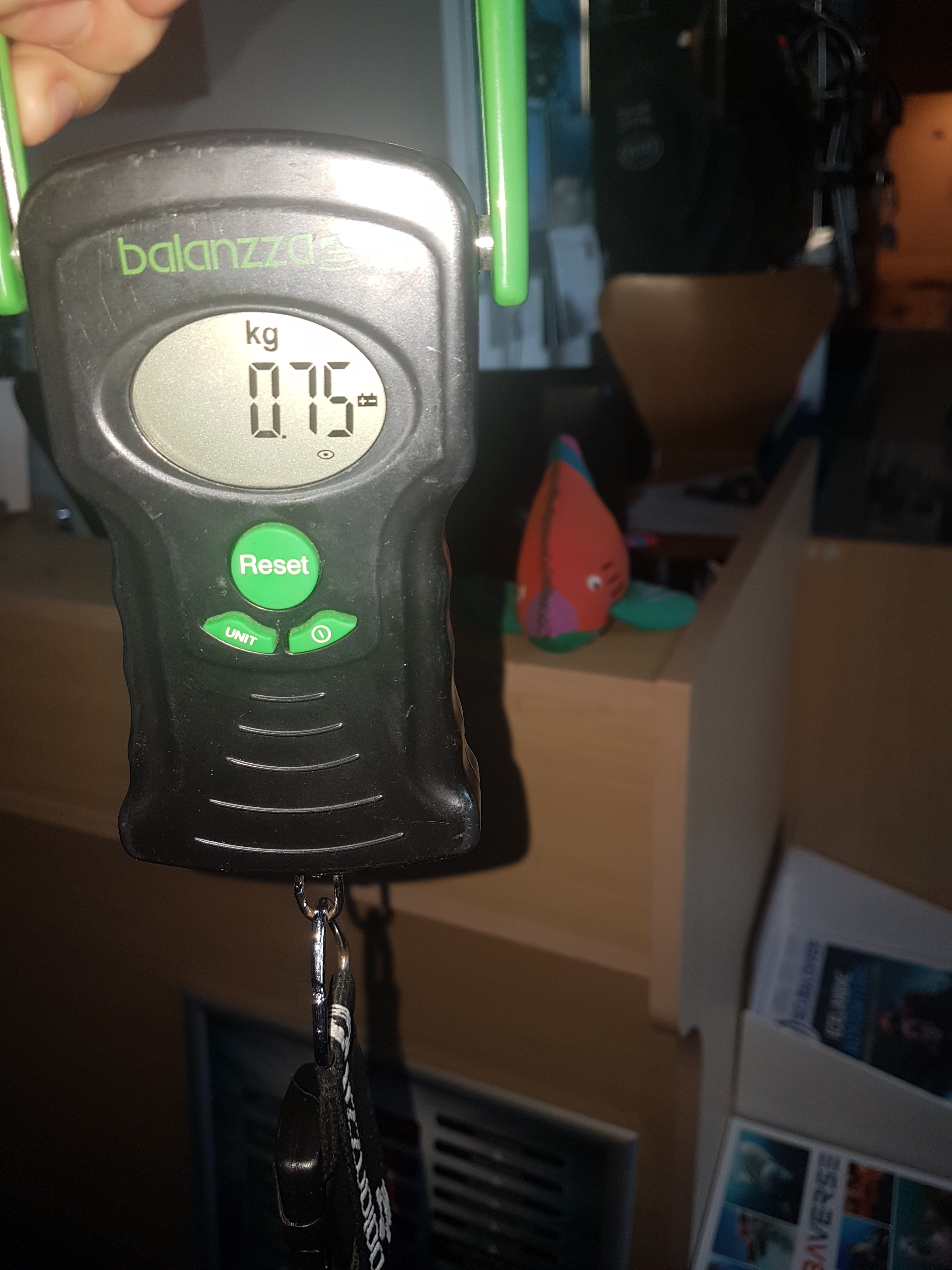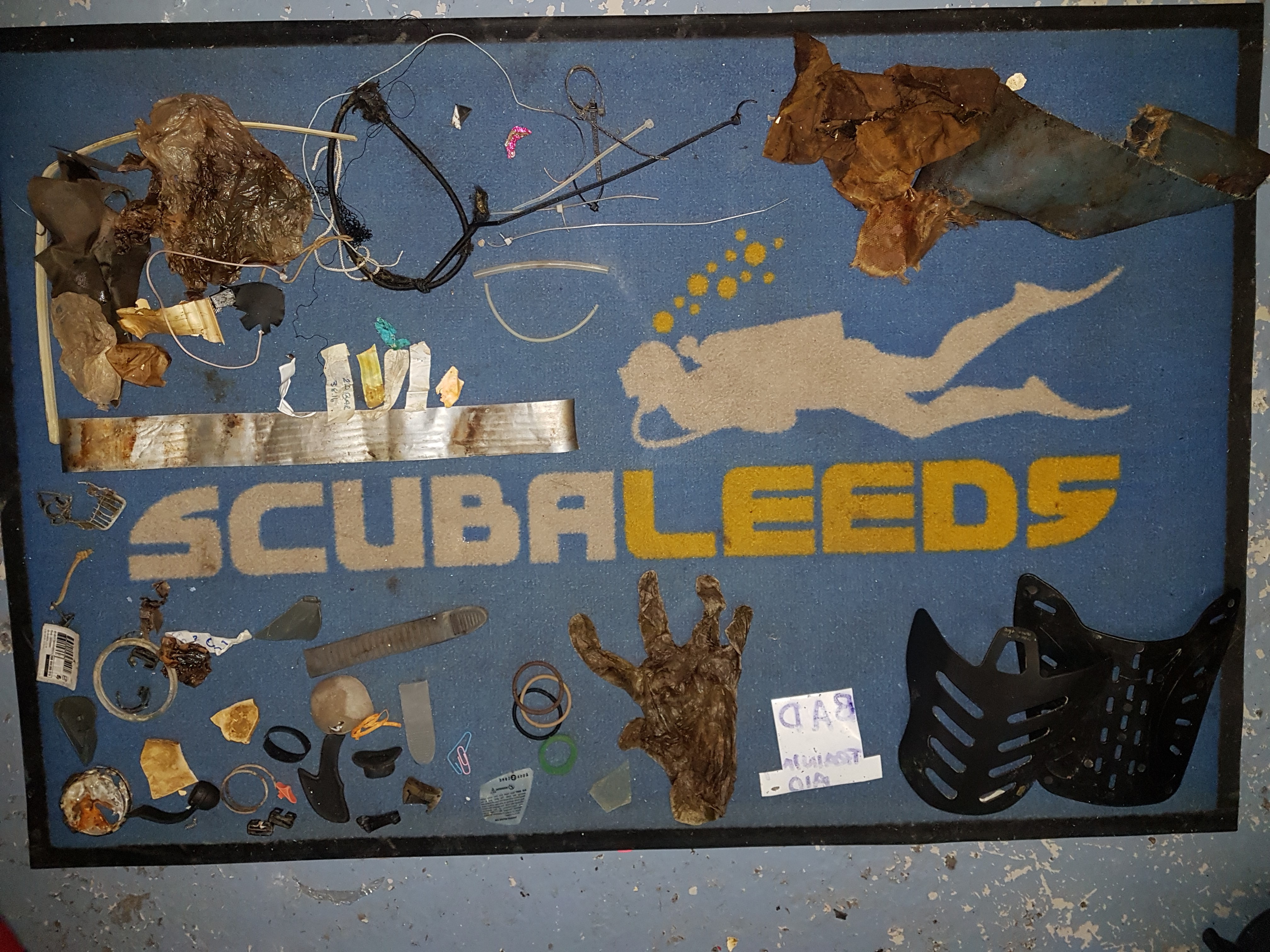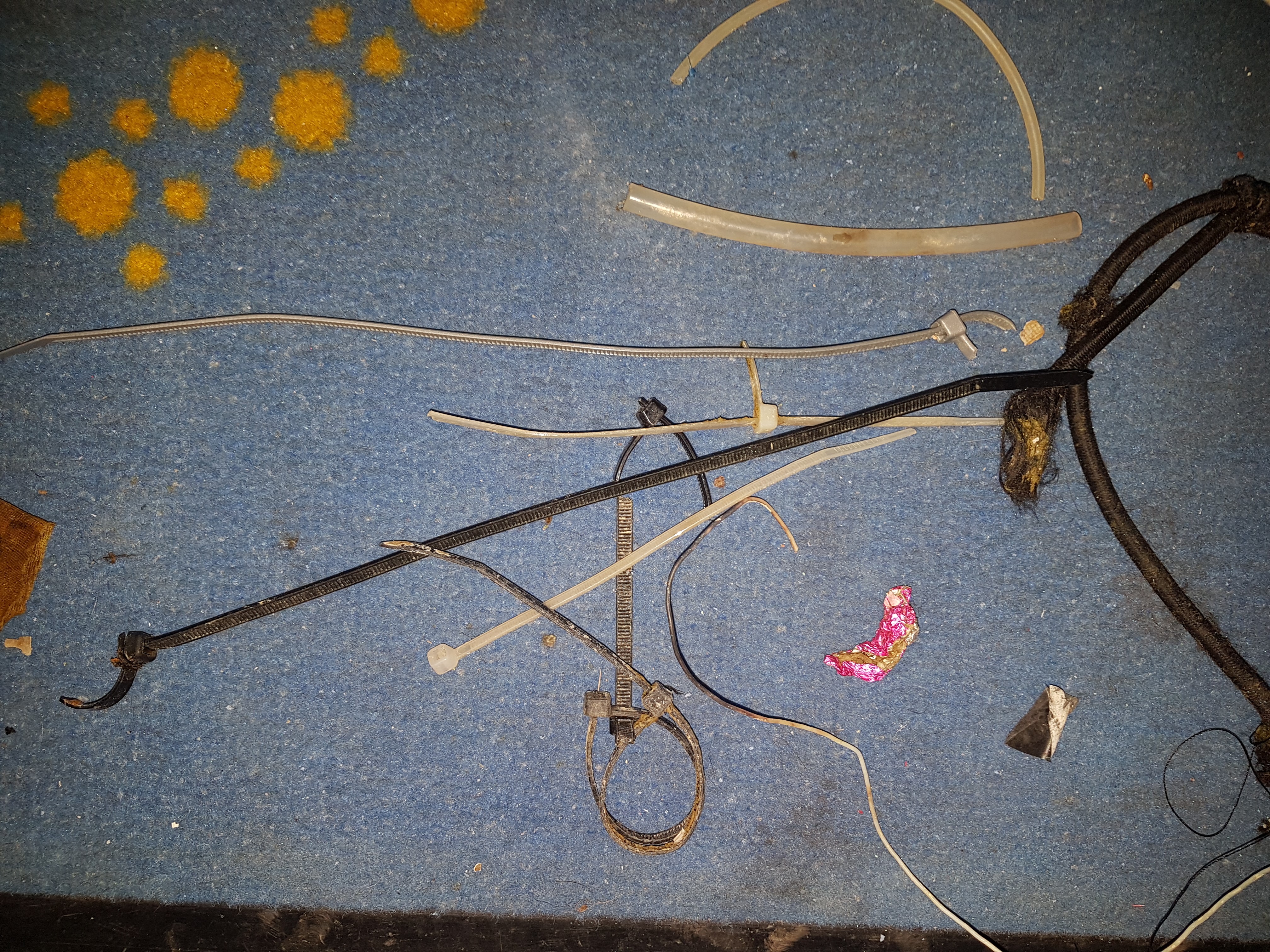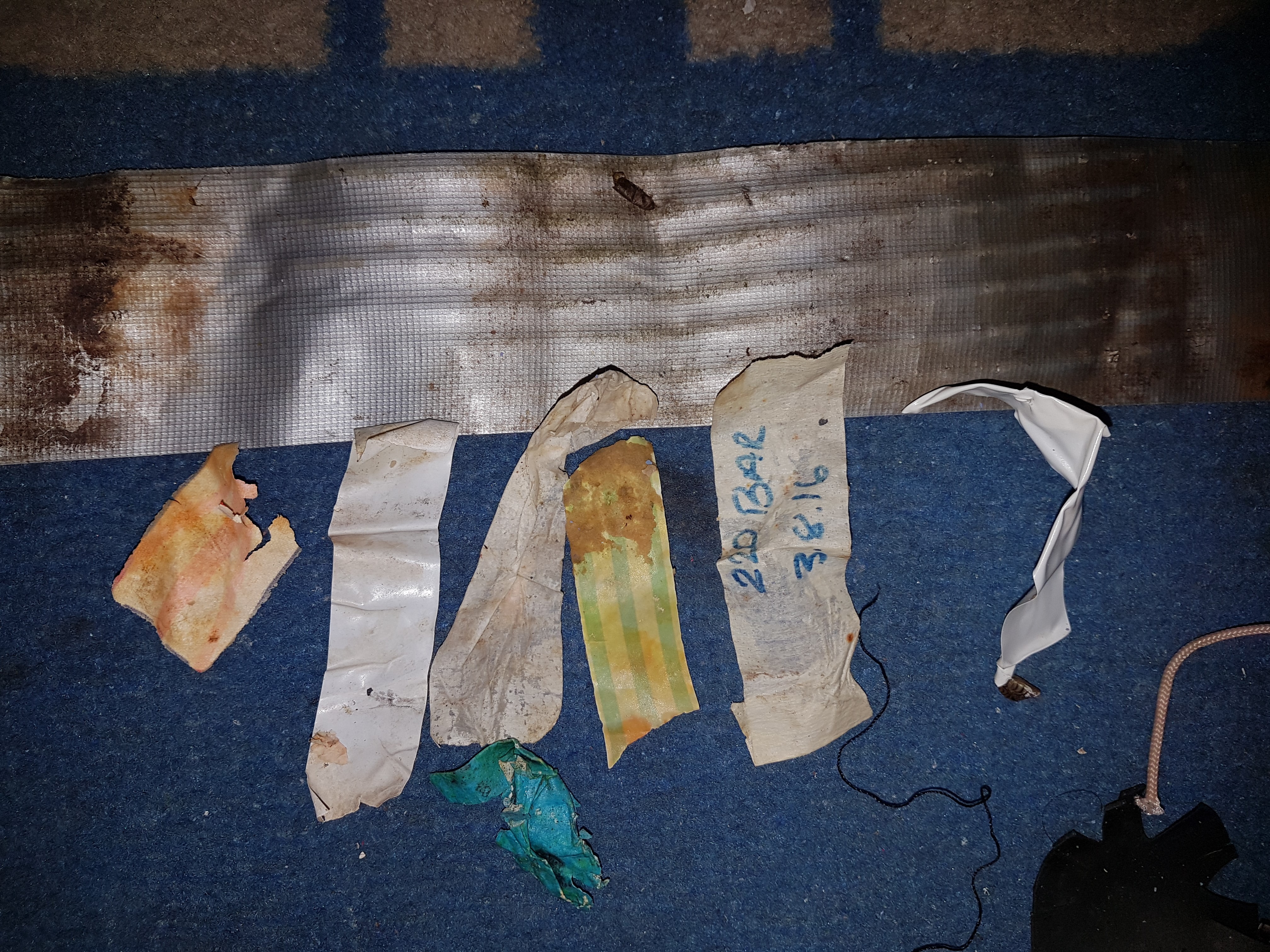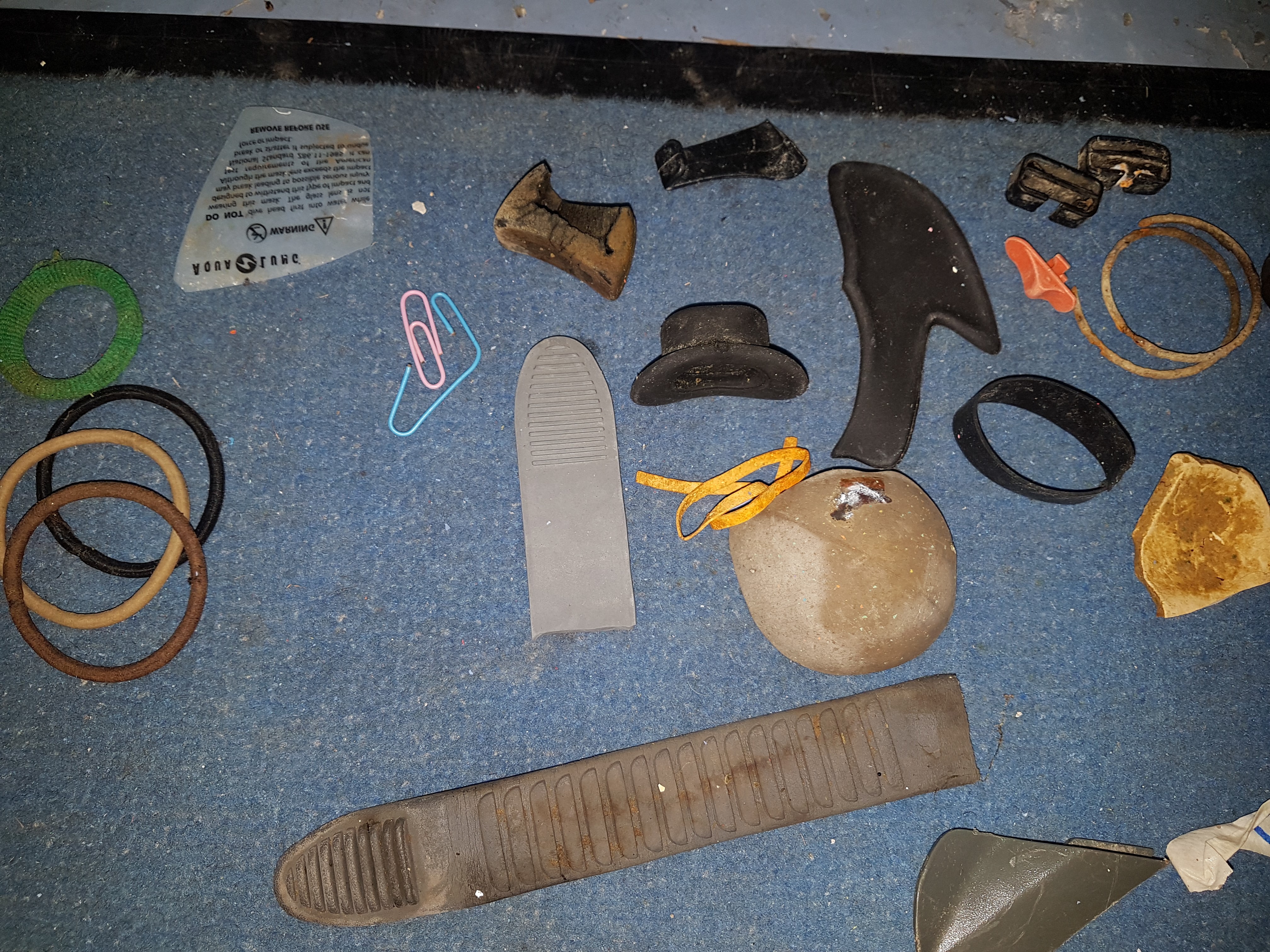Capernwray
12 September, 2018
- Team Leader
- Susannah Noble
- Number of Participants
- 2
- Total Debris Collected
- 0.75 kgs (measured)
54.136787511018, -2.723248061975
Survey Information
- Location Name
- Capernwray
- Organization/Dive Centre
- Scuba Leeds
- Country
- United Kingdom
- Date
- 12 September, 2018
- Survey Duration
- 40 Minutes
- GPS Coordinates
- Latitude: 54.136787511018
Longitude: -2.723248061975
- Weather Conditions
-
Sunny
- Survey Depth Range
- 1–15 meters
- Area Surveyed
- 2304 m2
- Dominant Substrate
- silt
- Ecosystem
- Quarry
- Wave Conditions
- Calm (glassy to rippled) for waves 0 – 0.1 meter high
Survey Photos
Debris Items Collected
| plastic materials collected | |
|---|---|
| Gloves (latex) | 1 |
| Plastic Fragments | 36 |
| Strapping Bands (plastic) | 7 |
| glass materials collected | |
|---|---|
| Glass & Ceramic Fragments | 3 |
| metal materials collected | |
|---|---|
| Caps & Lids (metal) | 1 |
| Wire, Wire Mesh & Barbed Wire | 1 |
| Metal Fragments | 4 |
| rubber materials collected | |
|---|---|
| Rubber Fragments | 9 |
| cloth materials collected | |
|---|---|
| Rope And String (cloth) | 6 |
| Towels/rags | 3 |
| paper materials collected | |
|---|---|
| Paper, Cardboard Fragments | 2 |
| other materials collected | |
|---|---|
| Scuba Divers Fin Inserts - these should be removed before the dive | 2 |
| Hair Bobbles | 4 |
| Metal Paperclips | 2 |
Additional Information
Training diving is done here every day, all year round, and this looks like where most of the debris comes from, the divers themselves
Two little paperclips - one pink and one blue.
Scuba diving broken equipment - rubber mouthpieces, broken mask straps
Cable ties - from securing Scuba Diving equipment
Cylinder tape - tape to show the gas content, tape to show the cylinder is full, tape to label cylinders
Comments and Feedback
Capernwray a brilliant training diving quarry - great facilities and used daily all year round. The clean up we did showed that divers leave behind a lot more than we think, I assume a lot of the debris will have come off the divers while in the water, possibly without the divers realising. The debris collected shows that when divers enter the water we need to make a real effort to make sure we leave the water with what we started with. If this debris is from training site, we can only assume this also happens at busy diving sites. A lot of this debris may have started in the car park and ended up in the water, so it can very easily end up in the local rivers and eventually end up in our seas. A car park clean up was also done around where we parked, and similar debris was collected to what was found under the water (this debris not included in the submitted data or photos). The debris at Capernwray is easy to find, especially around the entry and exit points. Hopefully with future Dive Against Debris completed here we can get a good picture of the issue, and make this dive site even better for new divers.

